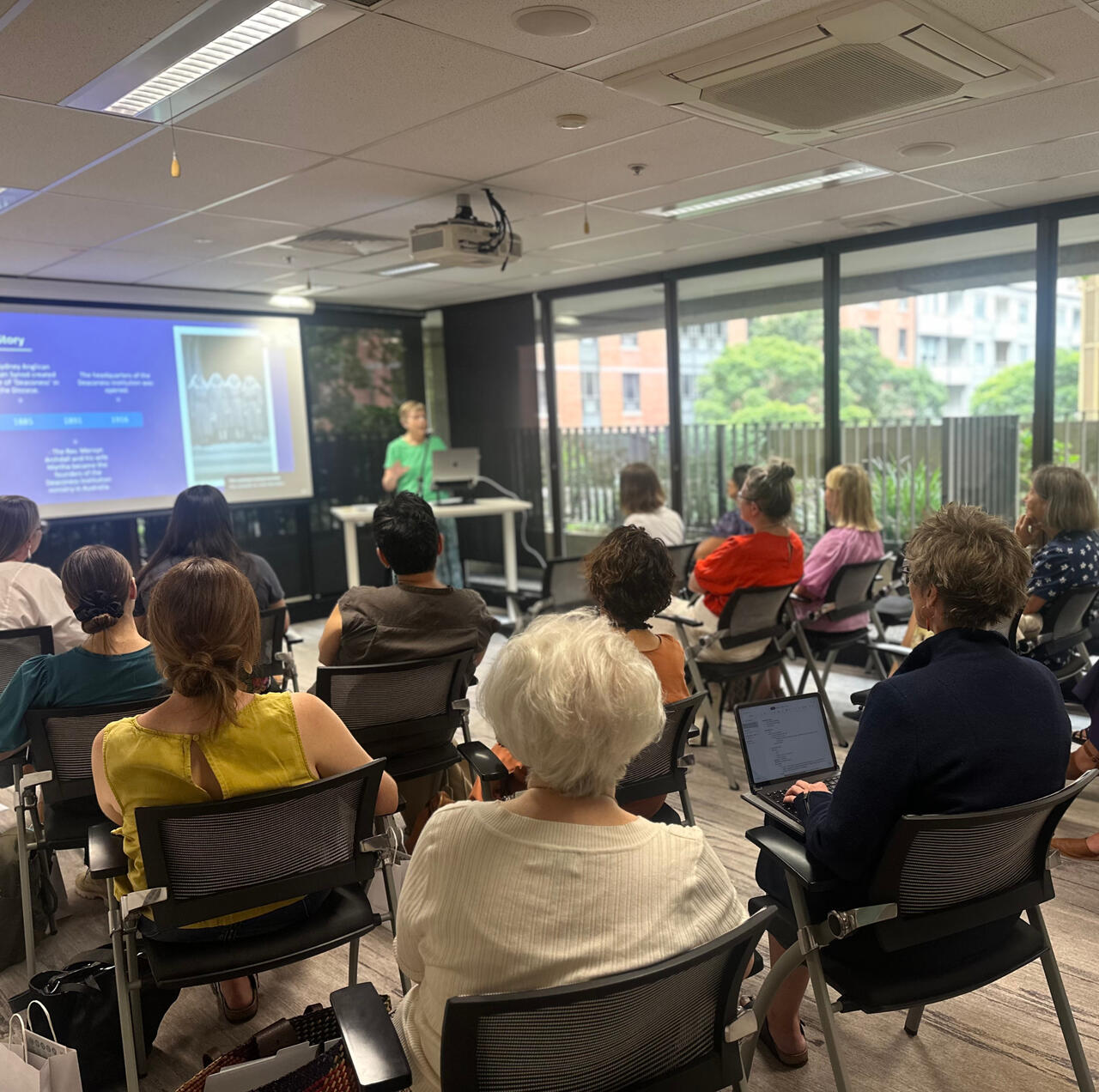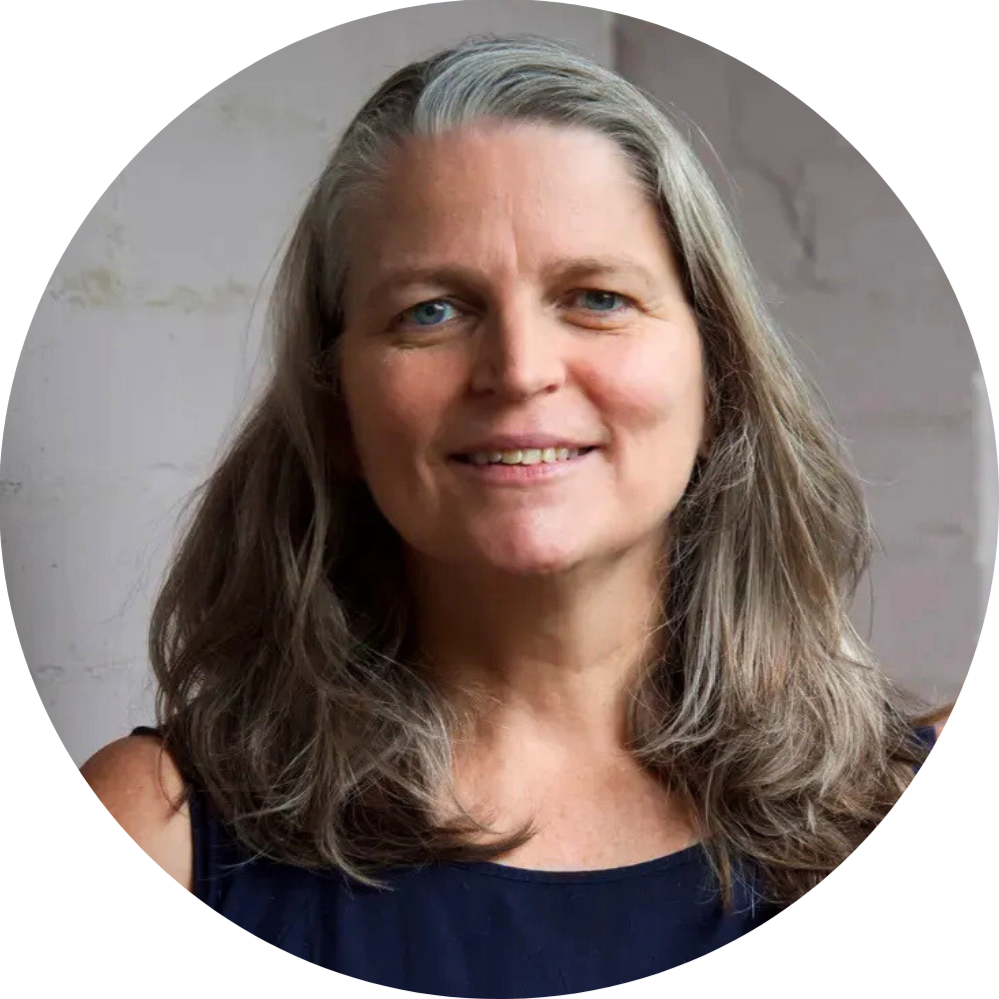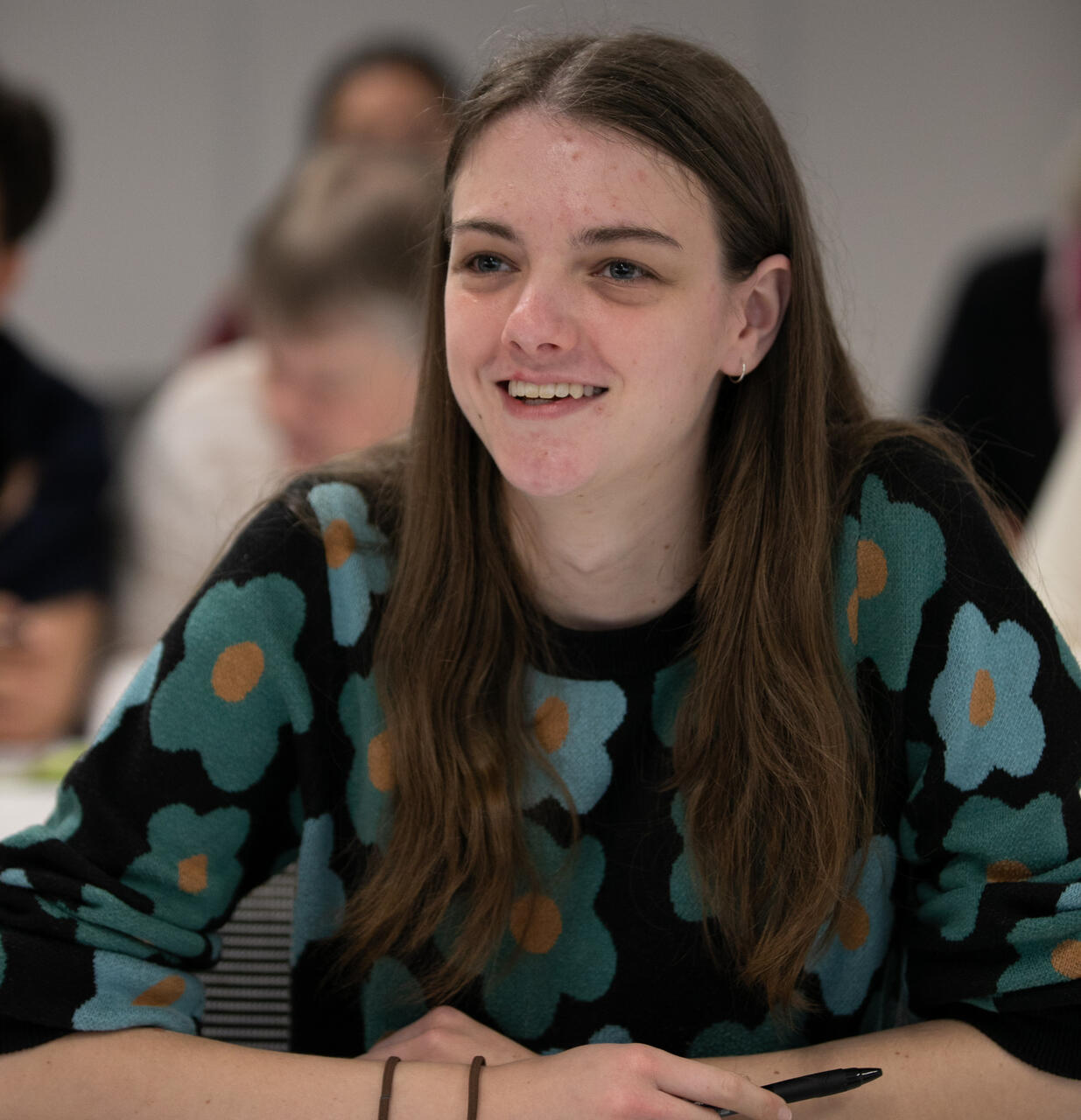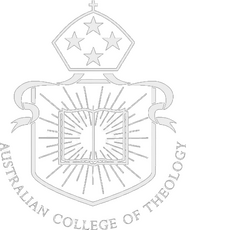Theological Perspectives on Mental Health
March - June 2025
PC137-812 and PC137-612
Make sense of mental health challenges from a Christian perspective
There is increasing awareness of mental health in our society and in the church. But how do we make sense of mental health challenges from a Christian perspective? This unit will help you develop a sound biblical and theological understanding of mental health to inform your Christian ministry or professional work.

How this unit can help your ministry
Gain a framework that makes sense of what the Bible and psychological science say
Develop a lens to view the beautiful and rich complexity of who we are as human beings made in the image of God
Grow in wisdom, seeing how your ministry can encourage hope along with trust for those enduring mental health challenges
What makes MAC different
We're the only theological college in Australia focussing on equipping women
We specialise in pastoral care and mental health
Our units are geared to practical theology and ministry that is just as useful for volunteers as those in vocational ministry
Our students consistently tell us we're a really lovely community to be part of!
And, you can be confident that everything we offer is firmly grounded in God's word
In this unit we'll be learning about...
01
Introduction to mental ill-health
Theoretical understandings of mental ill-health: the dual continua of mental health and mental illness
Phenomenological understandings of mental ill-health: the complexity of individual experiences
02
Mental health throughout history and in the church
A survey of the different ways the church and society have responded to mental health
03
Theological anthropology 1
Different understandings of the image of God and the impact of sin
A Biblical and theological understanding of humanity that takes account of the complexity of the human experience and existence
04
Theological anthropology 2
Anthropological terms in the Old Testament and New Testament
The Biblical view of what it means to be human: holistic beings that can be viewed from a variety of perspectives - material, mental, and spiritual
05
The relationship between body and soul and the biblical reality of a spiritual realm
How human nature cannot be reduced simply to the material
The biblical reality of a spiritual realm
Personal responsibility and mental health
06
Cultural impacts upon mental health theologies
Cultural features of modern life which can negatively impact mental health: technology, social media, and the breakdown of family and community life.
Attitudes and perceptions in the church regarding mental health.
07
Poorly conceived theologies of mental health
Theological and cultural factors that contribute to a lack of understanding in the church around mental health
08
Suffering, theodicy & lament
Mental ill-health as an experience of human suffering
The place of lament: acknowledging the reality of evil while maintaining a trusting relationship with a sovereign and good God
09
Theological implications for diagnosis & treatment of mental ill-health
How biblical anthropology affirms a place for both biological and spiritual treatment of mental ill-health
Contested understandings in medicine and psychiatry
The place of spiritual care, community and social support
10
Eschatology & hope
Hope: its role in society, psychological and theological thought
How eschatology affects Christian living and practice for those experiencing mental ill-health.
11
Mental health & the church
The theology of the church: how it can play a vital role for those facing mental health issues particularly as a place of family, belonging and welcome
The gospel transformation of friendship
12
Conclusion and synthesis
The three dimensions of a theology mental ill-health: who we are as human beings, the nature of our good but fallen world and, God and his redemptive purposes.
The above is indicative: lecture content may vary year to year
What to expect in class
We're a friendly bunch: students have mixed ministry and life experiences
There are 12 weekly classes, each 3 hours long with a couple of breaks
This unit is delivered online only
Classes are a mixture of upfront teaching, Q & A and small group work
Assessments vary, but there's often an essay and 2 more practical assignments


Meet your lecturer
Joanne Charles
Jo studied Biblical Counselling at CCEF and then completed a MA in Counselling from Westminster Theological Seminary, Philadelphia. She's taught at the Centre for Pastoral Studies in Chile and serves as online faculty for WTS.
Our previous students' reviews of MAC
Liz
“It's so topical! Mental healthcare at the moment is everywhere. It's in politics, education, youth, aging, it's in everything. So, to have thought about what the Bible says about it... is just so important. I have found that all of the things that we've covered have been things that I've used every day.”
Natalie
"There were times when I felt like every week, there were things that I learnt that I then applied immediately in my ministry.As a woman in ministry, I would hear people's secrets, their disclosures, their trauma.. and having had time and space to think about it, I can give really, really good news to people who really need to hear it."
Fees
As part of our wider ACT courses
With FEE-HELP* $0
Diploma Level $2853
Graduate Level $3162
*FEE-HELP available for eligible students enrolled in a whole Diploma or Graduate course
36 class hours - 12 weekly classes - 12 credit points - online only
Currently this unit is not offered at the MAC Certificate level
March - June 2025
Audited
$720
36 class hours - 12 weekly classes
No assignments
March - June 2025
How does this unit fit with MAC's wider ACT courses ?
This course can be studied at 2 levels:
Diploma and Advanced Diploma level For those without an undergraduate degree wanting a course with a large breadth of units. These are courses of the Australia College of Theology: 0.5-1 yr full time, max 8 yrs part-time, 36 class hours per unit, 11-16 units per course.
Graduate Certificate and Graduate Diploma level Higher level assignments than diploma level. Requires a previous bachelors degree. These are courses of the Australian College of Theology: 0.5-1 yr full time, max 2-4 yrs part-time, 36 class hours per unit, 4-8 unit per course.

Mary Andrews College
Level 1, St Andrew’s House464-480 Kent St
Sydney NSW 2000Find us here
[email protected]
1300 590 531
Mary Andrews College is an affiliated college of the
Australian College of Theology

